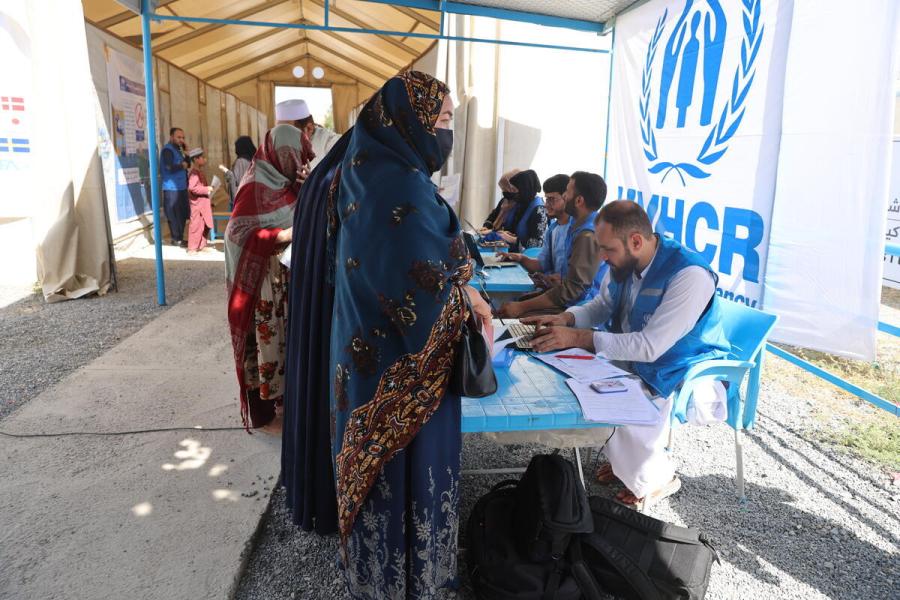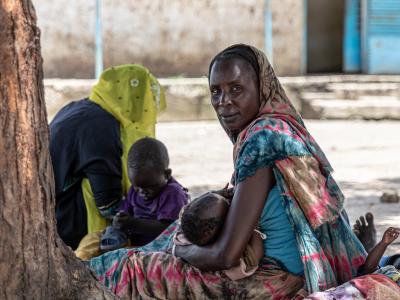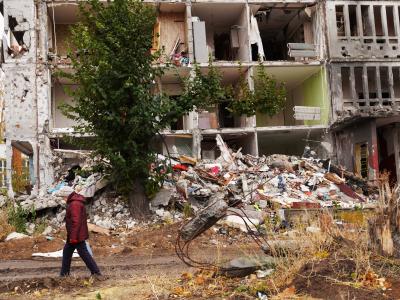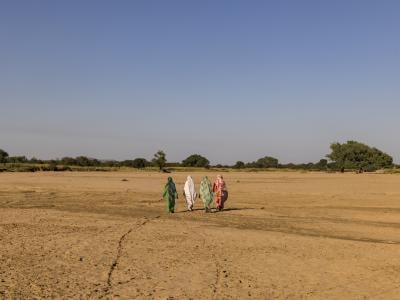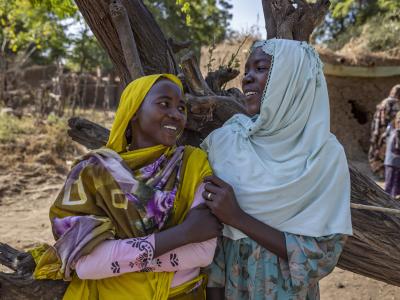Global financial needs amount to $2.079 billion (-11% vs 2024 current budget)
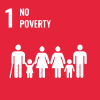
When people are forced to flee, they often arrive in new locations with very little, and need immediate support. The most cost-efficient way to support them is with cash. In 2025, UNHCR plans to disburse $500 million in cash to 5 million people in 100 countries, as well as co-chairing the group advising on coordinating cash in humanitarian settings, developing new cash guidelines and expanding the global footprint of our cash management system. Our seven emergency stockpiles are ready to provide relief items such as blankets for up to 1 million people, and we are working to reduce costs and carbon emissions, with more suppliers, greener product standards, and support for refugees’ use of clean cooking fuels.
Core Outcome Indicators

Proportion of people that receive cash transfers
and/or non-food items

Proportion of people with primary reliance
on clean (cooking) fuels and technology
Core Output Indicators

Number of people who received cash assistance*
2024 Mid-year progress: 2.16 million
*97 country operations reporting

Number of people who received non-food items*
2024 Mid-year progress: 2.68 million
*59 country operations reporting

Number of people supported with improved cooking options*
2024 Mid-year progress: 749,000
*20 country operations reporting
Financial overview
